
Videos


Diana Isaacs, PharmD, highlights evolving criteria for insulin pump therapy in type 2 diabetes.

Ginger Thorpe discusses how in-house specialty pharmacy models enhance patient care, streamline communication, and boost health system revenue amid rising demand.
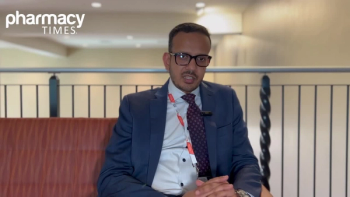
Pharmacists play a vital role in precision oncology, enhancing treatment decisions for metastatic breast cancer through genetic testing and targeted therapies.

Pharmacists play a crucial role in improving BRCA testing rates for metastatic breast cancer, enhancing patient access to targeted therapies.

Allegheny General Hospital enhances pharmacy operations through centralized, robotics-enabled IV compounding, boosting efficiency and patient care.

Prescriber incentives boost nicotine replacement therapy prescribing and enhance patient access to smoking cessation support in health care settings.
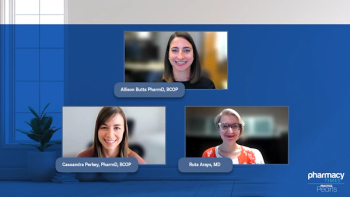
If SG plus pembrolizumab becomes approved in the first-line metastatic TNBC setting, many clinicians anticipate shifting practice patterns to favor this regimen, given its promising efficacy.

From a pharmacologic standpoint, the adverse events associated with sacituzumab govitecan (SG)—particularly neutropenia and diarrhea—are consistent with the mechanism of its payload.

Explore innovative supplemental screening options for breast cancer, enhancing access and accuracy for women with dense breasts and inconclusive mammograms.

Discover how innovative imaging detection methods, including MRI and proteomics, enhance breast cancer screening and support pharmacists in patient care.

Pharmacy leaders navigate complex compliance challenges, budget constraints, and evolving technology to enhance safety and efficiency in compounding practices.

How IV Robotics Are Transforming Sterile Compounding, Supply Chain Control, and Workforce Efficiency
IV compounding robotics enhance safety, reduce drug shortages, and improve efficiency in hospital pharmacies, driving a shift towards automation.
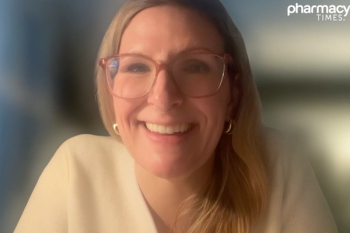


Specialty pharmacy services are helping improve IBD care by supporting patient education, access, and confidence in biosimilars

Pharmacists play a vital role in preventing maternal and neonatal mortality by understanding pregnancy-specific medication needs and emergency care strategies.
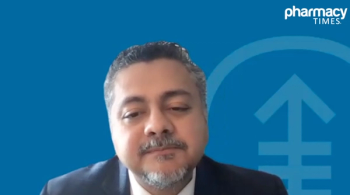
Multidisciplinary approaches are crucial in treating complex cancer patients, focusing on tailored therapies and symptom management strategies.




Key takeaways about unit-based pharmacy models for pharmacists and institutions.

Shivang Joshi, MD, MPH, RPh, FAHS, highlights Symbravo’s non-substitutability, multi-mechanistic design, and key safety considerations for pharmacists across care settings.

Expert pharmacists discuss future outlooks for unit-based pharmacy models.
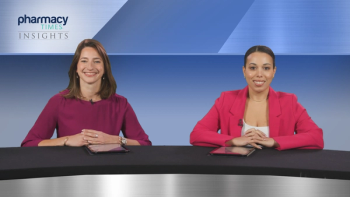
New findings reveal a modest overall survival benefit of abemaciclib in early breast cancer, highlighting the importance of ongoing patient education and treatment strategies.

Panelists introduce key CDK4/6 inhibitor data from ESMO 2025, setting the stage for insightful discussions on pivotal clinical trials and questions.

Pharmacists discuss educational opportunities and training opportunities for pharmacists interested in unit-based pharmacy models.


Panelists discuss how technology—including digital tools and artificial intelligence—can monitor and improve adherence to CDK4/6 inhibitor therapy.

Shivang Joshi, MD, MPH, RPh, FAHS, outlines essential counseling points on dosing, timing, contraindications, and rebound headache risks when dispensing Symbravo.
